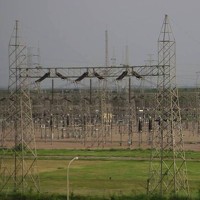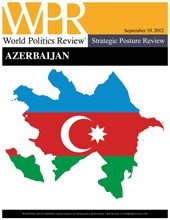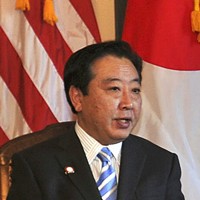
The European Commission opened an investigation into Gazprom earlier this month, charging that the Russian energy conglomerate had prevented the free flow of gas between European Union members and had improperly linked the price of gas to oil. In an email interview, Pami Aalto, Jean Monnet professor at the University of Tampere, and Kim Talus, professor of European law at the University of Eastern Finland, discussed the EU’s investigation into Gazprom. WPR: What is the background of the current EU antitrust investigation into Gazprom? Pami Aalto and Kim Talus: The current antitrust investigation ensues from a 2007 energy sector inquiry […]






